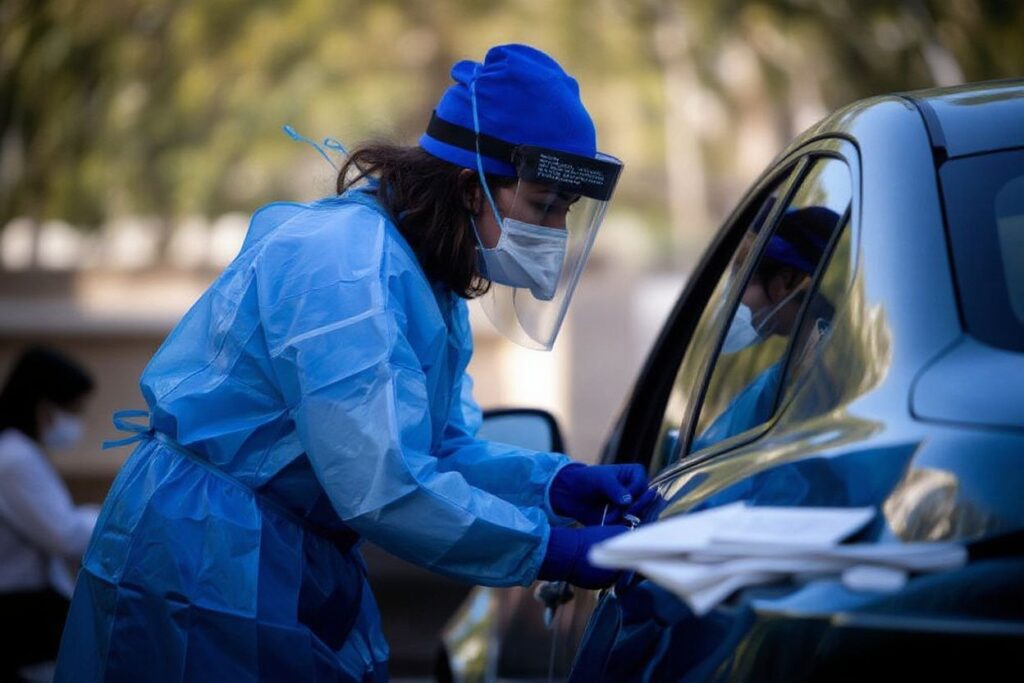
If you intend to work and study while pursuing higher education in the UK, you’ll be pleased to know that the government supports this. As a result, employers are also open to hiring foreign students for part-time jobs as well as course-related jobs. However, as with every country, there are certain rules you should abide by in while working on a student visa.
Here’s a quick rundown of what you should know before you work and study in the UK on a Tier 4 student visa. Only students enrolled in full-time degree courses are eligible for employment; students applying for further education colleges on a short-term visa may not work while studying.
 Students working healthcare jobs may work more than 20 hours a week during the pandemic.
Students working healthcare jobs may work more than 20 hours a week during the pandemic.
Students may work for 20 hours a week
International students in the UK who are above the age of 16 may work up to 20 hours a week during the term. You are allowed to work longer hours during vacation. Besides that, you may also work as a postgraduate doctor or dentist if you are enrolled in a recognised foundation programme; this is considered a trainee position.
As a COVID-19 concession, healthcare professionals may work longer hours — students employed in 18 NHS Trust positions may therefore work over 20 hours a week until Sept. 30, 2021, depending on the demands of the job. For all positions, you should be paid according to UK minimum wage.
According to the UK Council for International Student Affairs: “All conditions and limitations are printed out on your Tier 4 sticker (vignette) including the number of hours you can work per week during term time. When receiving your residence permit paperwork there will be a letter that will offer you all information, whether you can work or not while you’re studying.”
Self-employment is not allowed
While freelance jobs can be attractive in work-and-study arrangements, you should remember that the UK Tier 4 visa does not allow self-employment. You are only allowed to work in positions authorised by the state, which are detailed in your immigration documents. International students are also prohibited to work in professional sports (such as a coach or professional athlete) or as a private entertainer.
 Get professional advice if you're unsure about balancing work and study. Don't take risks on your student visa.
Get professional advice if you're unsure about balancing work and study. Don't take risks on your student visa.
Check work and study provisions with a professional
While you may find the facts online, you should always seek the advice of a professional before deciding to work and study in the UK. Your university would have access to a trained immigration professional, who is well-equipped to answer questions that apply to your unique case. Speak to them before making any decisions that you’re unsure of.
Do not take risks on your student visa. The UK Home Office takes work and study violations seriously; you can be removed from your university and country for stepping outside the parameters of your Tier 4 visa. If this happens, you may be banned from re-entering the UK for a certain time. Your employer will also be fined.
In conclusion, know your rights but be sure to communicate with your university and immigration professionals. Your university may only allow international students to work and study on campus; these institutions often offer many rewarding opportunities, from admissions to marketing and teaching assistant positions. Choosing a job that is related to your study will also prove beneficial when you kickstart your career in the UK, and move on to a graduate or work visa.










